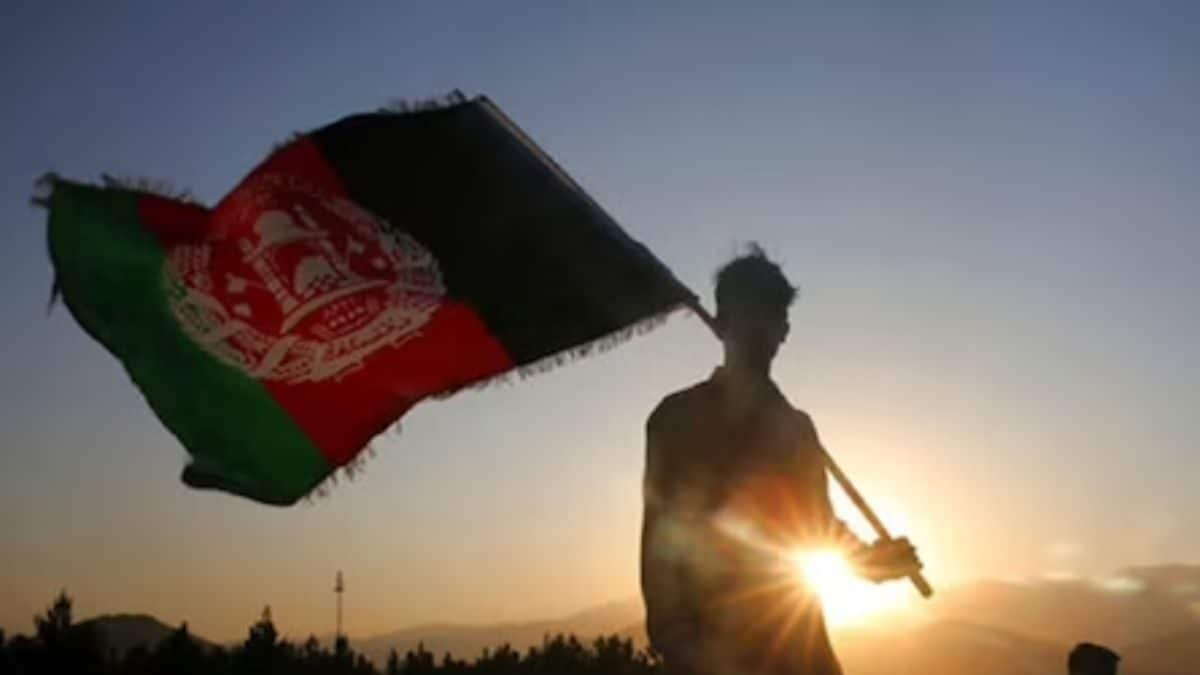The United Nations has reported that the number of Afghans in poverty has almost doubled to 34 million since the Taliban takeover and collapse of the US-backed government. After the US-backed republic fell in 2021, foreign subsidies and aid programmes were dramatically cut back as many countries refused to deal with the Taliban authorities in Kabul. In December 2022, the Taliban government issued an order preventing Afghan women from working for non-governmental organisations (NGOs), which further impacted the provision of vital aid. This curb was extended this month to the UN’s Afghan women employees, causing the organisation to face an “appalling choice” over whether to continue its aid schemes.
The UN Development Programme (UNDP) released a stark new assessment estimating that 85% of Afghanistan’s population is projected to be in poverty. The UN uses a population estimate of 40 million, meaning an increase of 15 million people living below the poverty line since 2020, the last full year of rule by the Western-backed government that crumbled in a matter of weeks the following summer.
The UN has airlifted vast sums of US dollars into Afghanistan to pay staff and operating costs, which have also been vital in shoring up the nation’s faltering economy. About $1.8 billion was imported this way between December 2021 and January 2023, according to the UN’s mission in Afghanistan. However, if the UN winnows down its work owing to the Taliban government curbs, it will have the double effect of reducing aid and cutting a crucial economic lifeline for desperate Afghans.
Many organisations suspended their operations in protest against the December ban on NGOs employing Afghan women. An exemption was granted to those working in the health sector following days of wrangling, but the UNDP said 150 NGOs and aid agencies “have suspended all or part of their work.” The UN has told all Afghan citizens, both men and women, to stay away from its offices since Taliban authorities banned Afghan female UN staff from work two weeks ago.
In a wide-ranging public statement, Taliban supreme leader Hibatullah Akhundzada said “the development of Afghanistan is the responsibility of Afghans” and that the country should not rely on others. Qatar, traditionally a major donor and which has pressed the Taliban authorities to end the ban on women workers, said it sent on Tuesday its first humanitarian flight to Afghanistan in 10 months carrying food, medical supplies and books.

